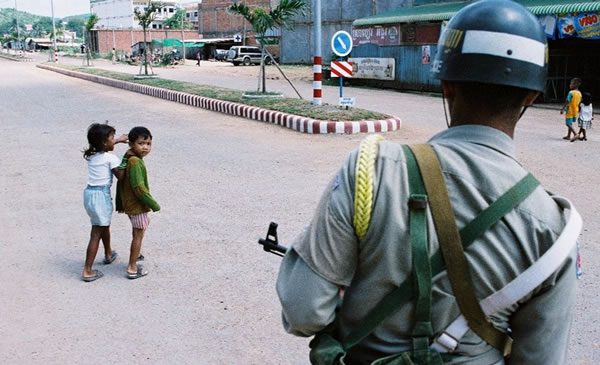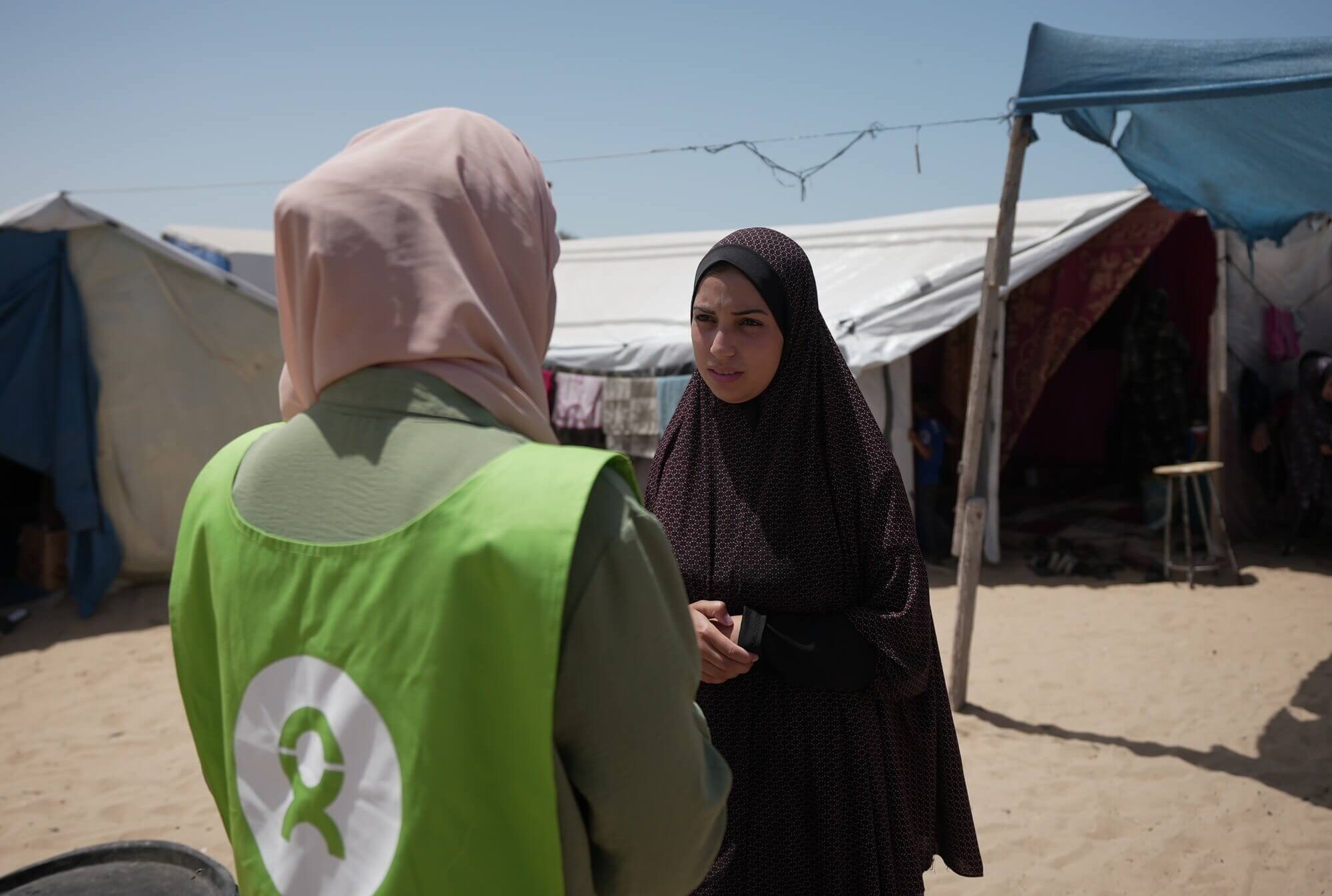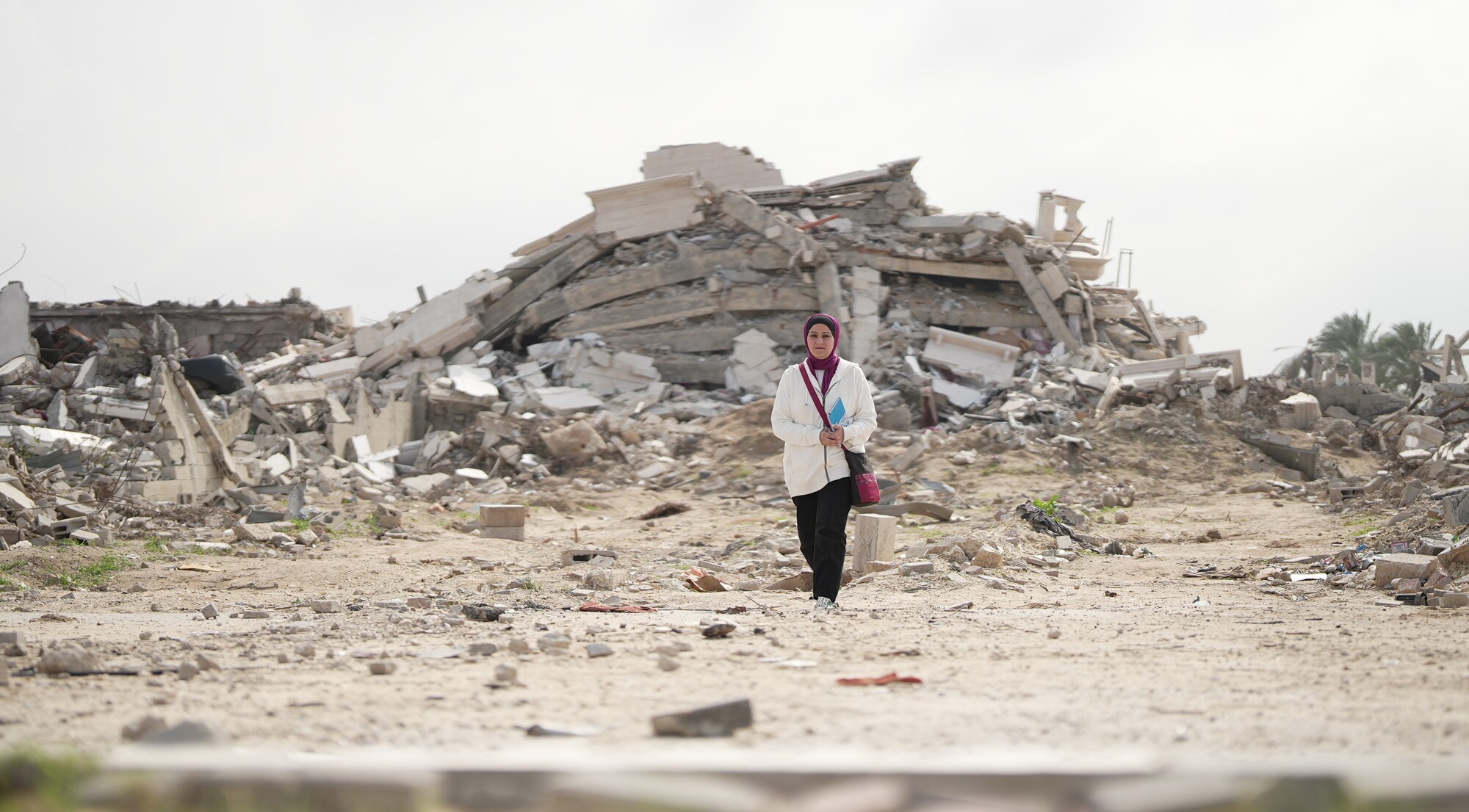by Ray Acheson, Reaching Critical Will of the Women’s International League for Peace and Freedom
At the end of the last open-ended working group on the Arms Trade Treaty (ATT) in July 2009 and during the UN General Assembly First Committee that October, divergences of opinion of the objectives, feasibility, scope, and parameters for a potential ATT were apparent. While member states reached near-consensus on the need for such a Treaty, the specifics are still widely contentious. The first Preparatory Committee (PrepCom) toward negotiating an ATT is aiming to reduce those divergences and find solutions to states’ concerns, which primarily relate to what some states perceive as a potential infringement on their right to self defence, territorial integrity, or “national security”.
The PrepCom is officially tasked with making “recommendations on the elements that would be needed to attain an effective and balanced legally-binding instrument on the highest possible common international standards for the transfer of conventional arms.” The opening day of the PrepCom highlighted some of the remaining concerns and differences of opinion over what the future ATT will look like.
Who should be included?
The vast majority of delegations who spoke on Monday said the future ATT must be universal and apply to all member states equally. However, many delegations (including the African Group and the Republic of Korea) also acknowledged that while the Treaty would need to balance states’ rights and responsibilities, there also needs to be special consideration to the responsibilities of major arms producing and exporting states.
What should it include (scope)?
Most delegations said an effective ATT would include the seven categories of conventional weapons covered by the UN Register of Conventional Arms, as well as small arms and light weapons (SALW) and their ammunition (known as the 7+1+1 formulation). Several delegations, including Australia, Japan, Nigeria, and the Netherlands also encouraged the inclusion of other related technologies and/or emphasized that the Treaty should be flexible enough to include new and emerging technologies as time goes on. The Netherlands suggested that the Treaty should provide for its list of covered weapons to be updated without having to amend the Treaty itself. The UK and others suggested regular reviews of the Treaty.
However, not all delegations are keen for the ATT to have such a comprehensive scope. The Libyan delegation, for example, said it did not want SALW to be included.
Several delegations also talked about the scope of activities the Treaty should address. Many of these, including Brazil, Norway, the United States, and others, said the Treaty should address illicit brokering, transshipment, and/or reexport transactions. Several delegations emphasized the importance of national licensing frameworks to ensure that all transfers are approved by a governmental authority. Norway suggested that all states should report publicly on all licenses for arms transfers.
What should it affect (parameters)?
Many delegations, including Switzerland, Ghana, Nigeria, and others, argued that in order to be truly effective, the ATT should ensure respect for human rights, international humanitarian law, and socio-economic development of states.
How should it be enforced?
Most delegations argued for “universal adherence, national implementation,” arguing that states should be responsible for implementing the Treaty. However, many delegations (including Nigeria, Morocco, also emphasized that other international arrangements would need to be respected, such as UN arms embargoes, existing regional and international agreements on the arms trade, and military cooperation agreements.
Several delegations, including Norway and Nigeria, called for the future Treaty to include a provision on international cooperation and assistance, so that states could assist each other in developing the national mechanisms necessary to implement the Treaty. The vast majority of delegations also emphasized the importance of transparency, arguing that both sides of a transaction has to be transparent. Australia suggested confidential information sharing would be necessary at the operational level.
While a few delegations, such as the Republic of Korea, said the Treaty should include a verification provision, the US delegation argued that an “extensive and expensive” verification system is not required. Switzerland suggested a monitoring mechanism “to collate and analyse the information provided by contracting parties” in a transfer could be included. A few delegations, including Japan, suggested states report on their implementation of the Treaty.
“National security” and an ATT
A few delegations, including Indonesia and Iran, highlighted the importance of respecting states’ rights to territorial integrity and self-defence. They argued that a future ATT must include provisions that explicitly uphold those rights. The US delegation said states that are worried about an ATT infringing on their national security should consider that the Treaty would actually enhance their security, arguing that having rigorous and transparent standards for the international transfer of arms means it will be easier for whole international community to understand the purpose of the transfer and how the recipient will use the weapons, which will “make security more stable at a lesser overall level of armament.”
Conclusion
Overall, the majority of states who spoke on Monday reiterated the need for a strong, robust, legally-binding, universal ATT that would prevent violations of human rights and international humanitarian law and that would foster international socio-economic development. A few delegations still expressed apprehension about the Treaty’s possible impact on “legitimate” trade in arms for military or other national security concerns, but after day one, most seem willing to see where this process goes—at least for now.
Several delegations made concrete suggestions—not just on their vision of the ideal scope and parameters, but also on concrete ideas for how to attain this vision. Hopefully the next two weeks can be spent exploring some of these specific proposals and others, in order to reach strong and comprehensive recommendations by 23 July.
For further coverage of the Prepcom and civil society analysis, go to:
http://armstradetreaty.posterous.com/



